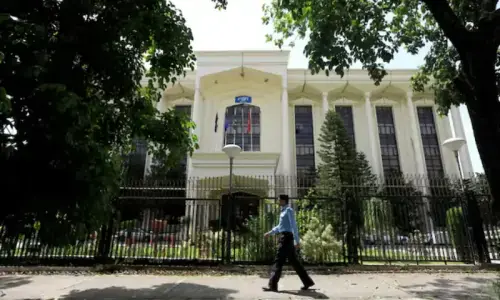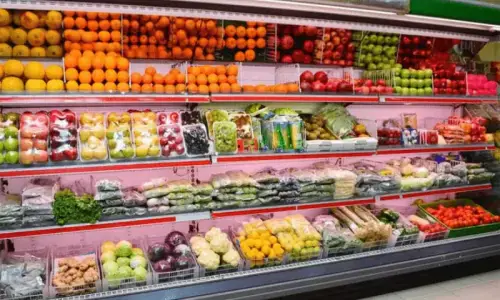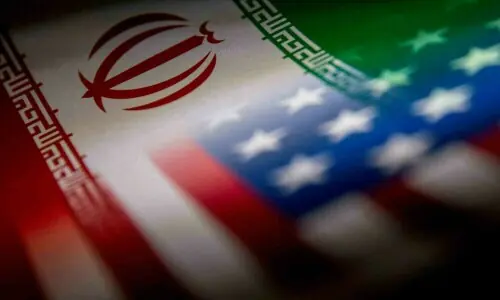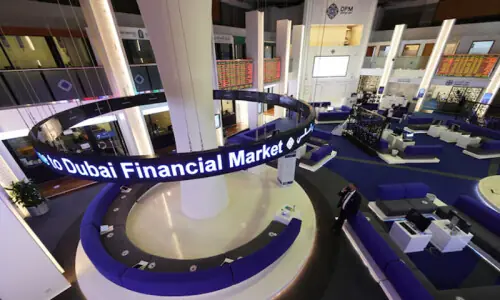ISLAMABAD, July 20: A new World Bank study says Pakistan has demonstrated that it can reduce poverty even at relatively low rates of growth of 3.2 to 4.5 per cent but not at growth of GDP per capita of 1pc, noting that it is struggling to sustain that growth.
“International comparisons suggest that Pakistan has been a good performer in turning growth into poverty reduction. Countries that are more successful in reducing poverty tend to be better at generating sustained growth, however the issue for Pakistan will thus be sustaining growth,” according to World Bank policy note on poverty in Pakistan.
The observation that Pakistan is successful in reducing poverty when GDP grows but cannot sustain that growth has two important policy implications. With more growth interruptions, an adequate social protection system becomes more important.
The second implication is that a renewed effort to address the problem that work against sustained growth would be well justified for faster poverty reduction.
This effort should lead to policy priorities for poverty reduction different from those in countries better able to sustain growth but unable to convert that growth into rapid poverty reduction, it says.
The poor are vulnerable to shocks — be they of natural disasters, health or macro policy. An adequate system would ensure that when shocks hit, the poor and vulnerable can still maintain the investments they need to increase their incomes and their children’s welfare.
Describing safety net programme like Benazir Income Support Programme as no substitute for sustained growth, the study says due to stop-go growth and too many natural disasters, Pakistan has to ensure a strong safety net programme as part of an overall poverty reduction strategy.
The study estimates that in Punjab, the largest province, where it says data appears more reliable, poverty has fallen considerably from 33.5pc in 2001-02 to 16.4pc in 2007-08, after adjusting for higher food prices.
This improvement was driven largely by increasing returns in the non-farm sector, in both urban and rural areas.
Over the period, the growth of per capita consumption of the bottom 40pc of Punjab’s population exceeded GDP per capita growth. Subsequently, over 2007-08, 2010-11, per capita real consumption growth in Punjab was stagnant, and the equality of opportunity for primary education completion rates seemed to improve but alongside a slowdown in the rate of improvement in indicators for water and sanitation and for primary enrolment.
The report says that the last three years have seen sizeable differences in the improving social indicators. Sindh has been lagging in its primary completion rates, and Khyber-Pakhtunkhwa has been lagging in coverage of improved sanitation.
According to the report, opportunity is growing in both urban and rural areas for education and sanitation, which is a very positive sign. Urban children have more absolute opportunity than rural children, but the rate of growth in rural areas is growing faster.
































